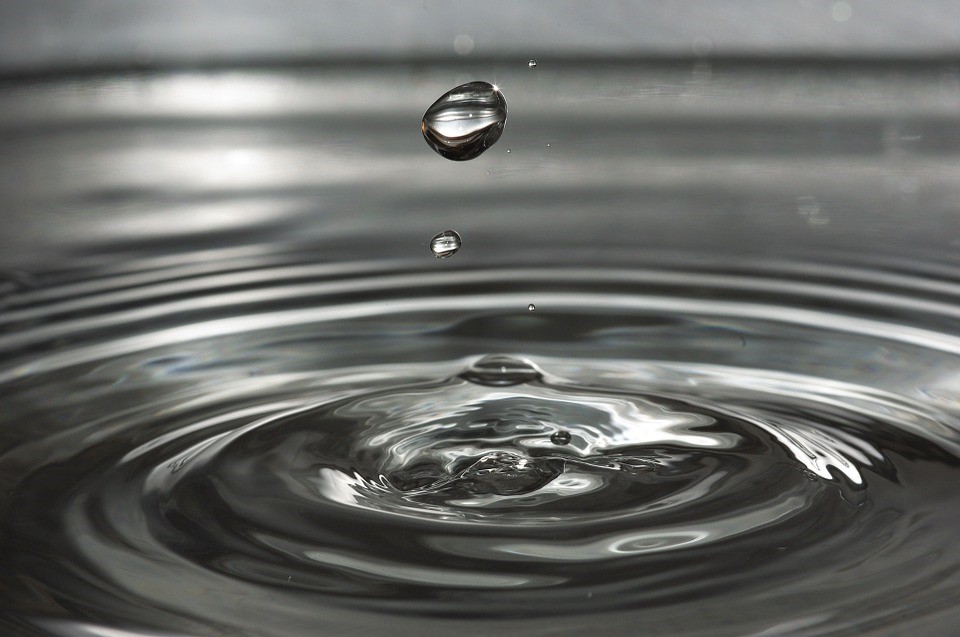Nina Karlström- 02.05.2017 10:24
What can be done to protect people from natural disasters?
Keep water and... stay alive! by Annalisa Genovese, LSP Assisi/Italy
What's water? By definition, water is "a transparent, odourless, tasteless liquid, a compound of hydrogen and oxygen", but that's not all: in fact, as we all already know, it’s one of the most common substances on the Earth as it covers over 70% of the surface of our planet.
Long story short it’s a basic element whose importance is even more enormous than we could ever imagine, considering that its role is fundamental to almost every process of the Earth, from the composition of the lowest bacteria to the shaping of continents, from plant growth to animal life. But what about its lack? What about the constant need for it? We, young people belonging to the rich countries of the world, usually tend to undervalue these kinds of problems and not to remember that the research for solutions is more urgent than we believe.
One of the most catastrophic hazards that concern water is drought, seen as a "creeping phenomenon" whose impacts change from region to region. Nowadays the topic is widely addressed by scholars and researchers in order to better understand the causes and to hypothesize satisfactory solutions.
A clear and interesting example of a conference that deals with this kind of problem is a TED talk, held in 2016 by the civil and environmental engineer David Sedlak, who speaks about four different useful ways to avoid a catastrophic drought and more specifically to avoid an urban water crisis so as to get away from the dependence on water imports. He explains how, during the last 10 years, combined effects of climate changes, demographic growth and competition for water resources are threatening our vital lifelines; in so doing he highlights the importance of creating a new water system able to withstand any of the challenges of the next years thanks to the introduction of stormwater harvesting and the process of seawater desalination, for example.
Anyway, regardless of modern innovations and processes, it is also possible to do much in our small way: the Earth is nowadays invoking our help. We must develop a behaviour that is in line with our environmental values, in order to hand it down to our children and grandchildren and above all, we must seriously start worrying, finally understanding that catastrophic consequences may be imminent. Keep water and... stay alive!
 Source: https://pixabay.com/
Source: https://pixabay.com/
Posted 26.05.2017 11:32
Regina Szatkowska - 27.06.2017 00:38
Annalisa, I agree with the ideas and solutions that you're proposing. I think that to make people do anything we (as an aware part of society) should spread the word even further, so more and more people actually realize the seriousness of natural disasters we are causing, and not only hear from time to time. Because nowadays, the greatest threat is that not so many people fear the consequenses of what might be at some point inevitable. We should start fighting this problem more actively and put all possible actions in practice.